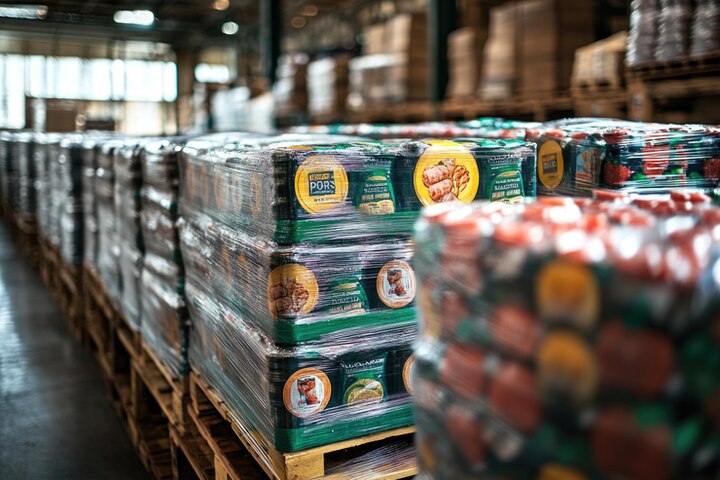Botswana’s Food and Beverage Imports Surge in November 2024. Botswana saw a significant rise in food and beverage imports in November 2024, reaching P1,441.6 million. This represented 15.8% of the country’s total imports of P9,110.4 million for the month, signaling a growing demand for essential food items and beverages.
Cereals topped the list as the most imported food category, making up 21.9% of total food and beverage imports. The bulk of these imports came from maize, which accounted for 32.3%, followed by sorghum at 24.7%. Rice and wheat also saw strong demand, with shares of 18.9% and 18.3%, respectively. These staple grains are crucial for food security in Botswana, as local production often struggles to meet demand due to climatic challenges.
The beverages, spirits, and vinegar category emerged as the second-largest import sector, making up 17.5% of food and beverage imports. Beer remained the most imported alcoholic beverage, contributing 34.6% to this category, while other fermented drinks such as cider, mead, and sake accounted for 21.6%. The growing market for beverages, including non-alcoholic varieties, reflects changing consumer preferences and an expanding hospitality industry.
Other key imported food items included preparations of vegetables, fruits, and nuts (10.1%), sugar and confectionery (7.8%), and dairy products (4.8%). Interestingly, coffee and tea imports surged by 31% compared to the previous month, highlighting an increasing local demand for these commodities.
November’s food and beverage imports showed an increase from October’s P1,303.1 million, with cereals seeing the highest month-on-month rise of 52.3%. This surge underscores the country’s reliance on imports to meet food supply demands.
As Botswana continues to depend on imports for food security, stakeholders may look to strengthen domestic agricultural production and explore policies to reduce import reliance in the long run.












